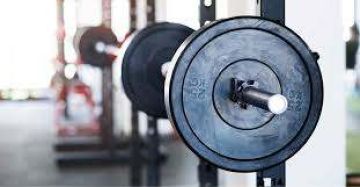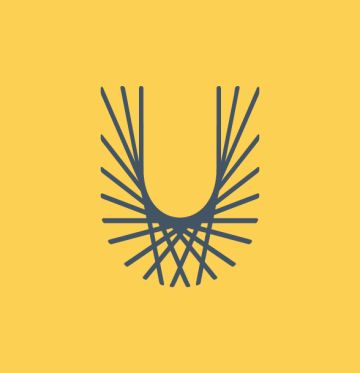
Unlock Peak Performance with Our Certificate in Strength and Conditioning
Elevate your expertise and lead athletes to success with our cutting-edge NFQ Level 7 Special Purpose Award in Strength and Conditioning. Designed for part-time learners, this 10-credit programme equips you with the scientific foundation and practical skills to design and execute effective training programmes for athletes at all levels.
Why Choose This Programme?
- Comprehensive Curriculum: Master the principles of periodisation, resistance training, fitness testing, and sport-specific drills with a focus on real-world applications.
- Expert-Led Instruction: Learn from our experienced educator through engaging lectures, hands-on practical sessions, and interactive group discussions.
- Real-World Application: Develop and deliver customised training regimens, integrate advanced recovery techniques, and refine your approach with cutting-edge tools.
- Flexible Learning: Tailored for busy professionals, the part-time format ensures you can balance your career, education, and personal goals seamlessly.
Programme Highlights
- Practical Focus: Gain confidence in conducting high-performance training drills and managing athlete preparation across competitive seasons.
- Skill Mastery: Enhance your abilities in injury prevention, Olympic lifting, plyometrics, and SAQ (Speed/Agility/Quickness) techniques.
- Academic Excellence: Dive into research, appraise the latest scientific literature, and present findings to both specialist and non-specialist audiences.
- Professional Development: Build a robust log of strength and conditioning interventions, demonstrating your growth as a practitioner.
What You’ll Achieve
By completing this programme, you’ll emerge with the ability to:
- Develop and critically evaluate advanced training programmes tailored to individual athlete needs.
- Apply scientific principles to enhance performance and ensure sustainable athletic success.
- Collaborate with multidisciplinary teams to integrate holistic strategies into athlete development.
- Lead with confidence, leveraging self-reflection and continuous learning to stay ahead in the dynamic field of strength and conditioning.
Join Us and Make an Impact
Whether you're a coach, trainer, or fitness enthusiast, this Certificate will transform your ability to inspire peak performance. Shape the future of sports by empowering athletes to achieve their full potential.
Start your journey in January and redefine what's possible in strength and conditioning.
Strength and Conditioning (S&C) focuses on the physical development of athletes together with injury rehabilitation and prevention in order to improve elite sporting performance.
Performance related components of fitness
a. Endurance training – review and conduct training methods for aerobic and anaerobic endurance training and lactate threshold training (steady-state, fartlek, interval, model training, hill repetitions, sport specific drills) b. Speed/Agility/Quickness (SAQ) – science and application of SAQ training, sprint training, acceleration/deceleration, reaction/quickness training, application of SAQ principles to different sports c. Strength/Power i. Resistance Training – resistance training for specific sports; advanced approaches to resistance training - pyramid training, supersetting, pre-exhaust training etc; resistance training to correct imbalance; biomechanical principles of resistance training – joint loading, system loading, forces, centre of gravity, muscle action lines, levers, force angle; analysis of resistance exercises to develop appropriate load technique and load for muscular development and rehabilitation. ii. Olympic lifts – teaching technique and progression iii. Plyometrics – scientific principles of plyometric training (stretch shortening cycle), basic plyometric exercises, medicine ball drills, sport-specific plyometric drills, safety considerations, designing plyometric programmes; complex and functional training
Periodisation Design of preparatory, competitive and transition training programmes, practical application of programme design for specific sports, application of macro, meso and micro cycles, preparation for competition, peaking and tapering
Recovery sessions Scientific basis of and conducting recovery sessions Injury screening and prevention (including, but not limited to warm ups/cool downs, functional movement screening, stretching and flexibility etc)
Fitness testing Appropriate testing for different athletes and sports Academic writing
Academic writing, referencing, performing literature searches, reading and appraising journal/book/relevant articles
Entry Requirements
All applicants will be considered on a case-by-case basis. Lifelong Learning reserves the right to require applicants to attend for an interview to determine their suitability for the programme
Course Leader


